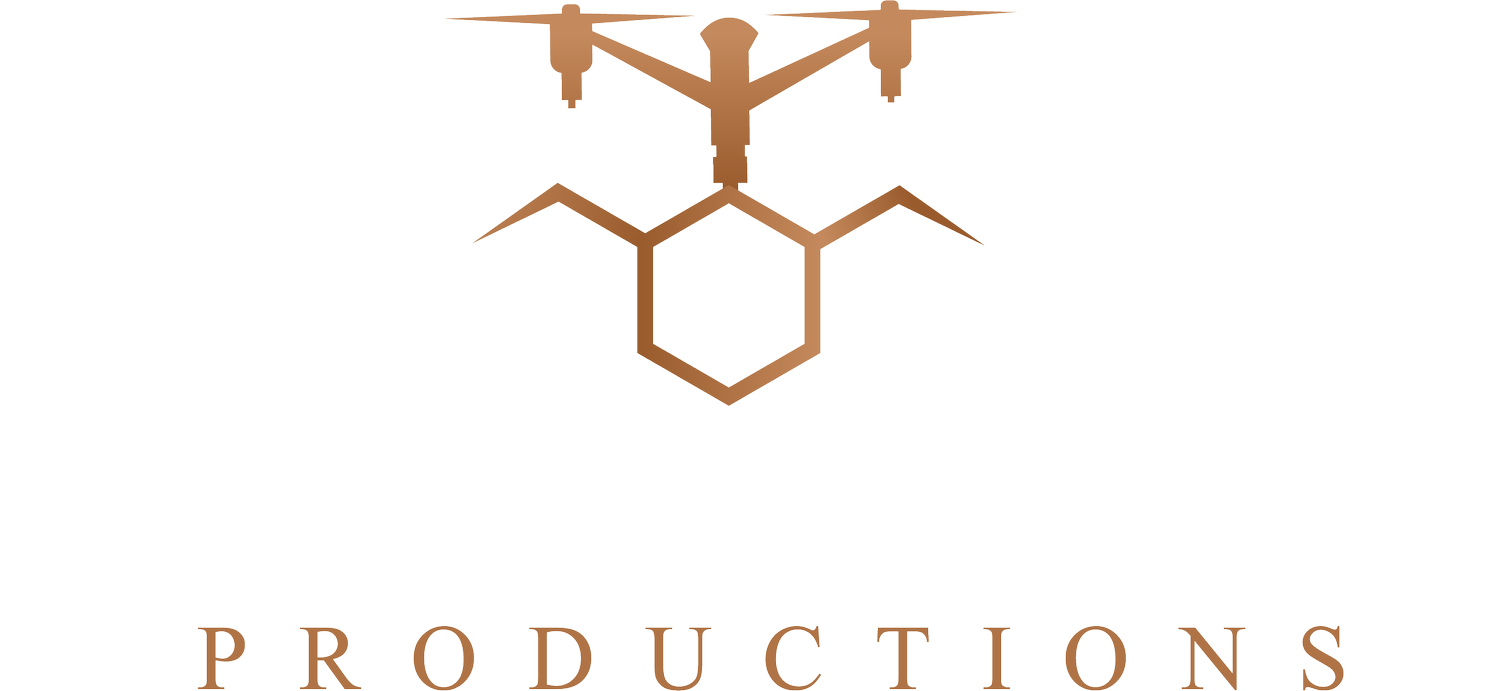The Legalities of Drone Filming in Boston: Know Before You Fly
Drone filming has become increasingly popular in recent years, offering filmmakers unique perspectives and breathtaking aerial shots. However, it's essential to understand the legal requirements and regulations that govern drone operations, especially when it comes to filming in Boston. In this article, we will explore the legalities of drone filming in the city and provide valuable insights to help you navigate the regulatory landscape effectively.
Obtain the Necessary Permits and Authorizations: Before taking to the skies with your drone in Boston, it's crucial to obtain the required permits and authorizations. The Federal Aviation Administration (FAA) requires all drone operators, whether recreational or commercial, to register their drones and obtain a Part 107 Remote Pilot Certificate for commercial use. Familiarize yourself with the FAA guidelines and ensure compliance to avoid legal complications. If you are a recreational operator make sure to take The Recreational UAS Safety Test (TRUST) and register your drone on FAA Drone Zone.
Respect the Restricted Airspace: Boston is a city with various restricted airspace zones, including those surrounding airports, heliports, and military installations. It's crucial to familiarize yourself with these restricted areas and respect the no-fly zones. The Air Control and AutoPylot mobile apps are excellent resources for checking airspace restrictions and ensuring your flight plan adheres to the guidelines.
Adhere to Privacy Laws and Regulations: Respecting privacy is of utmost importance when engaging in drone filming. Be aware of Massachusetts state laws and regulations governing privacy, which includes obtaining consent before capturing images or videos of individuals in private spaces. Be cautious not to infringe upon someone's privacy rights, and always prioritize ethical drone operations. (AKA - Use your common sense and use your drone in positive and lawful ways)
Be Mindful of DCR Park Regulations: The Department of Conservation and Recreation (DCR) manages several parks and natural areas in Boston. When it comes to drone filming, it's important to note that taking off or landing a drone in DCR parks is prohibited without prior authorization. You are absolutely able to fly in around and near the parks as long as you do not take off or land in the parks as no park owns the airspace. Saying that, be respectful of any law enforcement or park rangers that may be unaware of the drone laws. Treat them with respect and make sure you are on the right side of the law. The more positive encounters with people flying drones, the better it is for the community. Ensure you research and comply with the DCR regulations before planning any drone operations near or within these parks. Here is a list of DCR Parks in alphabetical order.
Maintain Visual Line of Sight and Fly Responsibly: The FAA requires drone operators to maintain visual line of sight (VLOS) with their aircraft at all times. This means keeping the drone within your direct field of vision, ensuring safe and responsible flying. Adhere to altitude restrictions, avoid flying near crowds or emergency response activities, and follow general safety guidelines to minimize any potential risks.
Drone filming in Boston offers endless possibilities for capturing stunning aerial shots, but it's essential to understand and comply with the legalities and regulations surrounding drone operations. By obtaining the necessary permits, respecting restricted airspace, adhering to privacy laws, being mindful of DCR park regulations, and flying responsibly, you can ensure a smooth and legally compliant drone filming experience in the beautiful city of Boston. Remember, safe and responsible drone operations not only protect you legally but also promote the growth and acceptance of this innovative technology.

